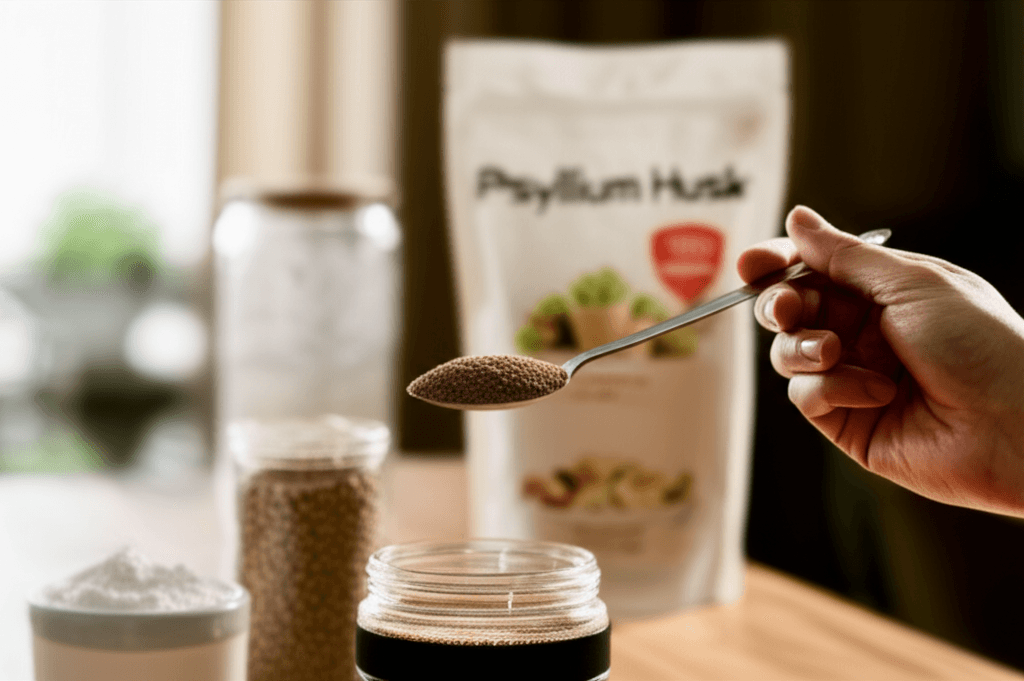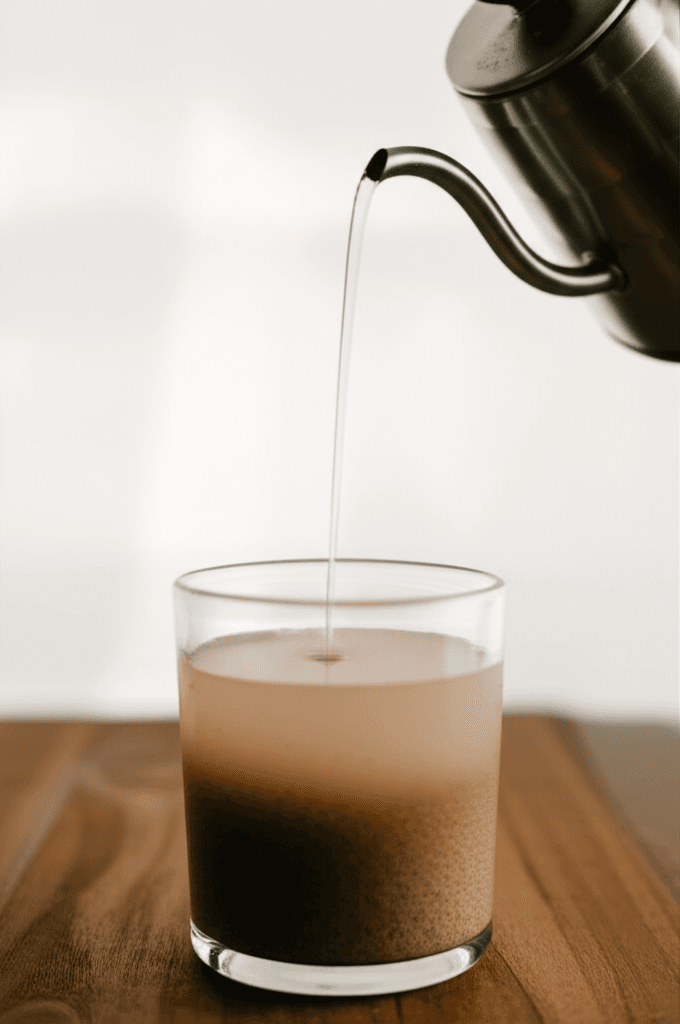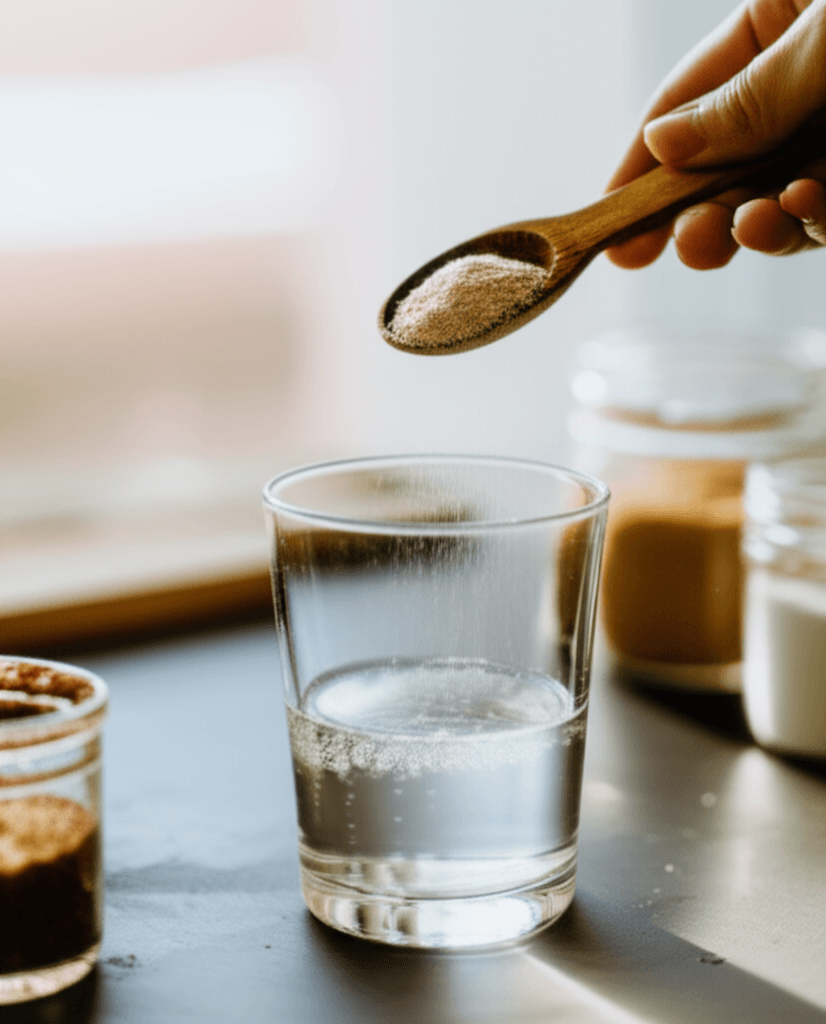Psyllium husk, derived from the seeds of the Plantago ovata plant, is widely recognized as a powerhouse for digestive health, often lauded for its ability to regulate bowel movements and alleviate both constipation and diarrhea. However, its benefits extend far beyond simply keeping you regular. This versatile fiber supplement boasts several surprising advantages that can significantly impact your overall well-being, from heart health to weight management and even gut microbiome support.
Let’s delve into four unexpected ways psyllium husk can boost your health.

1. Enhancing Heart Health by Lowering Cholesterol
While many associate fiber with digestive regularity, psyllium husk plays a crucial role in promoting cardiovascular well-being, primarily by helping to lower cholesterol levels. Psyllium is a soluble fiber that forms a gel-like substance in the digestive tract. This gel then binds to bile acids and cholesterol, preventing their absorption and facilitating their excretion from the body.
Research consistently demonstrates psyllium’s effectiveness in reducing “bad” low-density lipoprotein (LDL) cholesterol, a key contributor to cardiovascular disease. Some studies have even shown that consuming about 10 grams of psyllium daily can lower cholesterol levels by up to 20%. Additionally, psyllium may help reduce blood triglycerides and blood pressure, further contributing to a healthier heart. This makes psyllium a valuable dietary addition for those looking to manage their cholesterol and reduce their risk of heart disease.

2. Aiding in Blood Sugar Management
For individuals seeking to maintain stable blood sugar levels, psyllium husk offers a surprising and effective solution. As a soluble fiber, psyllium slows down the absorption of carbohydrates, which in turn helps to reduce post-meal blood sugar spikes. When consumed, psyllium forms a viscous compound that resists digestion in the small intestine, leading to a more gradual release of glucose into the bloodstream.
This regulatory effect on blood sugar can be particularly beneficial for people with type 2 diabetes or prediabetes. Studies have indicated that psyllium taken before meals can significantly reduce fasting blood glucose and hemoglobin A1c levels. By preventing sharp rises and falls in blood sugar, psyllium can help manage cravings and fatigue, contributing to better overall metabolic health.

3. Promoting Satiety and Weight Management
Feeling full and satisfied after meals is a crucial component of effective weight management, and psyllium husk can be a surprising ally in this endeavor. The soluble fiber in psyllium expands and forms a gel when it absorbs water, which can lead to a feeling of fullness. This increased satiety is attributed to psyllium’s ability to slow stomach emptying, which helps to control appetite and reduce overall food intake.
By extending the feeling of fullness, psyllium can help individuals reduce snacking between meals and prevent overeating, making it a valuable tool in a weight management program. Beyond simply curbing appetite, some research suggests that psyllium may also help reduce insulin resistance, which could have an even greater impact on body weight.

4. Supporting a Healthy Gut Microbiota with Prebiotic Effects
Beyond its well-known role as a laxative, psyllium husk also functions as a prebiotic, which means it feeds the beneficial bacteria in your gut. While it’s largely undigested in the small intestine, it ferments in the large intestine, providing nourishment for a healthy gut microbiota.
A balanced and diverse gut microbiome is essential for numerous aspects of health, including immune function, nutrient absorption, and even mental well-being. Emerging evidence suggests that psyllium can play a role in supporting this healthy gut environment by promoting the growth of beneficial bacteria. This prebiotic effect distinguishes psyllium from many other fiber sources and highlights its comprehensive impact on gut health, going beyond mere mechanical stool regulation.

Incorporating Psyllium Husk into Your Diet
Psyllium husk is readily available in various forms, including whole husks, powder, and capsules. It can be easily incorporated into your daily routine by mixing it with water, juice, or adding it to smoothies, yogurt, or baked goods. It is crucial to consume psyllium with plenty of fluids, as it absorbs water to form its gel-like consistency. As with any supplement, it’s advisable to start with a low dose and gradually increase it, and to consult with a healthcare professional, especially if you are taking other medications, as psyllium can affect their absorption.
From bolstering heart health and aiding in blood sugar control to promoting satiety and nurturing your gut, psyllium husk offers a range of surprising benefits that make it a truly versatile and valuable addition to a health-conscious lifestyle.







